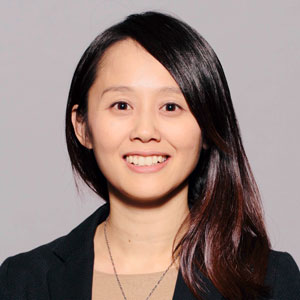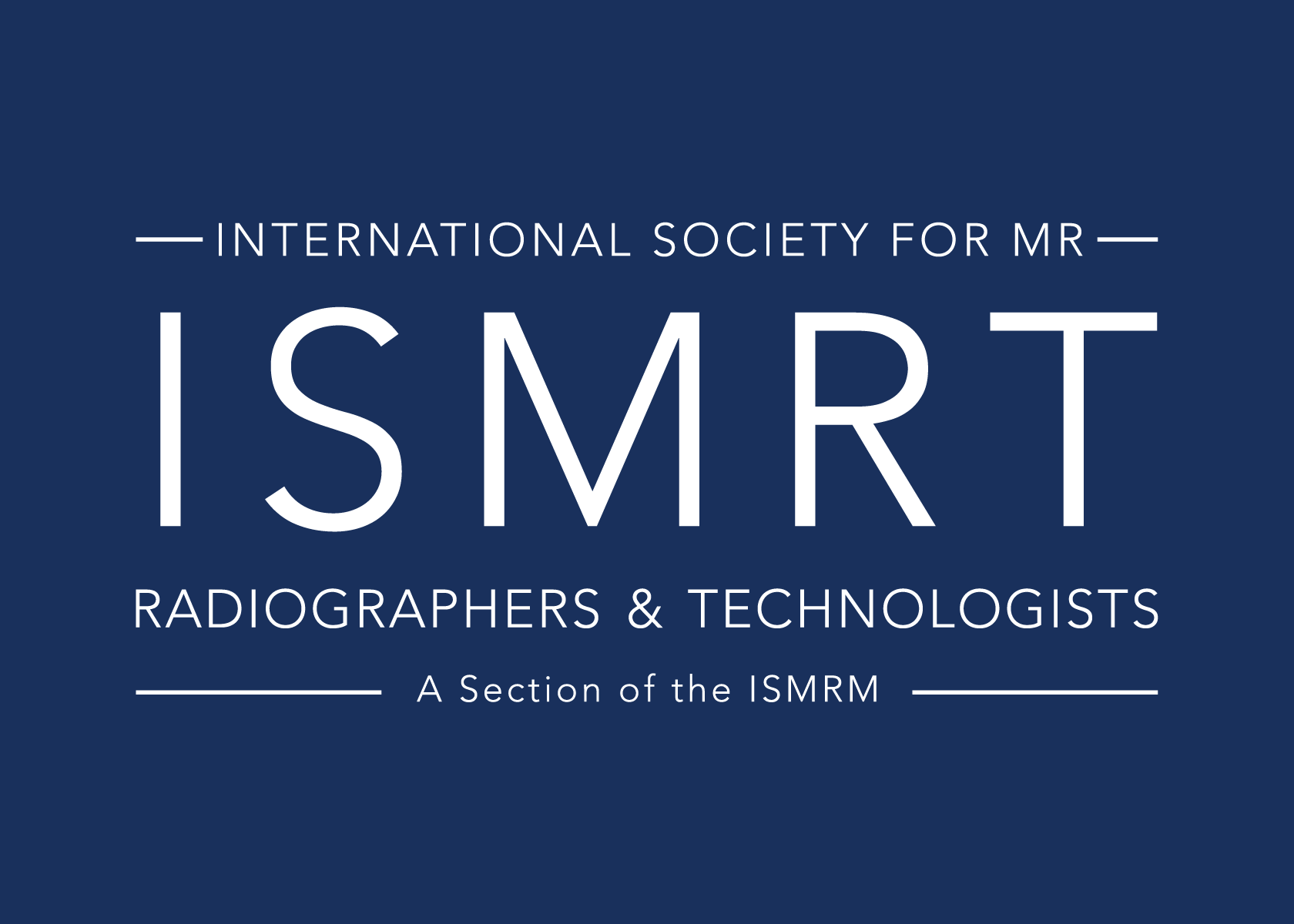
Member Spotlight for December 2021:
Natsuko Onishi

Natsuko Onishi, M.D., Ph.D.
Postdoctoral Researcher / Breast Imaging Research Group
University of California, San Francisco
San Francisco, CA, USA
ISMRM Member since 2016
It is not too much to say that radiology is a key component of healthcare. I learned this through my medical training as a student/intern, which led me to a radiology residency. Lots of bittersweet memories. I was deeply impressed by my mentors’ professionalism: a keen eye to observe radiological images and profound knowledge to connect/disconnect puzzle-like pieces of information. There were piles of things to learn to be like them. Sometimes, I experienced joy from drawing a correct diagnosis after a long time of literature search, and sometimes I was frustrated by my insufficient knowledge/skill to diagnose a patient in immediate need of help. Drifting (and sometimes drowning) in a flood of medical images of CT, MRI, ultrasound, X-ray, and PET, I managed to swim all the way to the other side of the river.
After completion of my residency acquiring the fundamentals of clinical radiology on various diseases and organs, I became interested in contributing to women’s health by going deeper into a specific sub-field. To obtain a sub-specialty in breast imaging, I joined the breast imaging research group at Kyoto University as a Ph.D. student. That was my first contact with MRI research. I was fascinated with investigating breast MRI as a tool to enhance breast cancer care.
For the past 9 years in my Ph.D. and postdoctoral training, I have consistently studied breast MRI. As my Ph.D. research at Kyoto University, I conducted several studies investigating the utility of diffusion-weighted images (DWI) and T2-weighted images as non-contrast-enhanced breast MRI under the supervision of Drs. Masako Kataoka and Shotaro Kanao. During my Ph.D. training, I also studied ultrafast dynamic contrast-enhanced (DCE) breast MRI and developed a new imaging biomarker helpful in the differentiation of breast cancers from benign lesions. As my postdoctoral research at Memorial Sloan Kettering Cancer Center, I continued research on ultrafast DCE-MRI-derived kinetic parameters as imaging biomarkers of breast cancer with Drs. Elizabeth Sutton and Elizabeth Morris. After joining Dr. Nola Hylton’s lab at UCSF, I have been analyzing quantitative breast MRI measurements to monitor and predict treatment response to neoadjuvant chemotherapy (NAC) using large data from multi-center breast cancer clinical trial I-SPY 2. My current research interest lies in the development and refinement of decision-changing MR imaging biomarkers for breast cancer.
I love MR because it provides various information elements beyond anatomy. The ability of MR to visualize various in-vivo phenomena non-invasively attracts lots of MR researchers including me. If you are in the MRI console room and see faces of them waiting for the acquired images using new methods, new sequences, or whatever, you know what I mean. They are like kids opening Christmas presents.
I believe that my passion for breast MRI research originates from my clinical experience as a radiologist. During my Ph.D. training, I continued my clinical work, where I learned a lot about breast imaging including diagnostic strategies, pitfalls, current limitations, and struggles. Also, I actively participated in the breast cancer tumor board and absorbed essential knowledge of breast cancer pathology, surgery, and oncology. All these experiences comprise my current research motivation and ideas.
On weekdays, my morning starts with packing lunch for my two children. Immediately after kids go to school, my work time starts—currently, I work from home because of the COVID-19 pandemic. After they come home, things are a bit tough. In the past, I broke into a cold sweat when my 5-year old daughter jumped in my Zoom meeting and started her self-introduction. I sometimes run codes for computationally heavy analysis while I am preparing dinner or taking care of the kids’ homework. After the kids go to bed, I come back to my desk if I have work to do. On weekends, I enjoy time with my husband, 8-year old son, and 5-year old daughter. We play tennis, go biking, and enjoy bubble tea. I am a collector of refrigerator magnets specializing in those from travels. Of course, I have those from my previous attendance of ISMRM in Milan, Singapore, Hawaii, and Paris.
I have been a member of ISMRM for 7 years since I presented my abstract at ISMRM 2014 held in Milan, Italy. What I love most about ISMRM is being able to meet people from all over the world at the annual meetings. It is the best place to share the passion and love for our MRI research.

